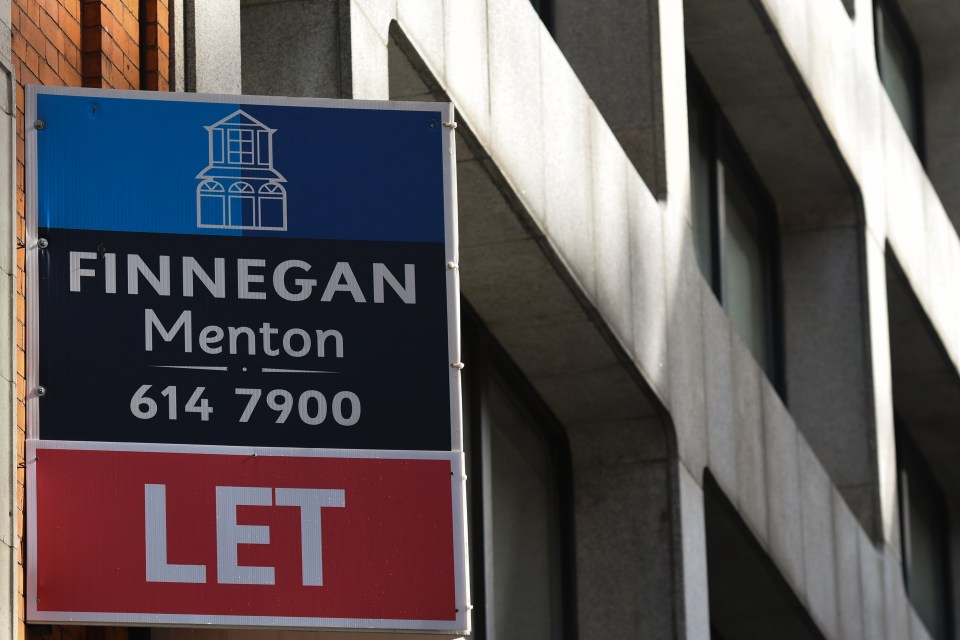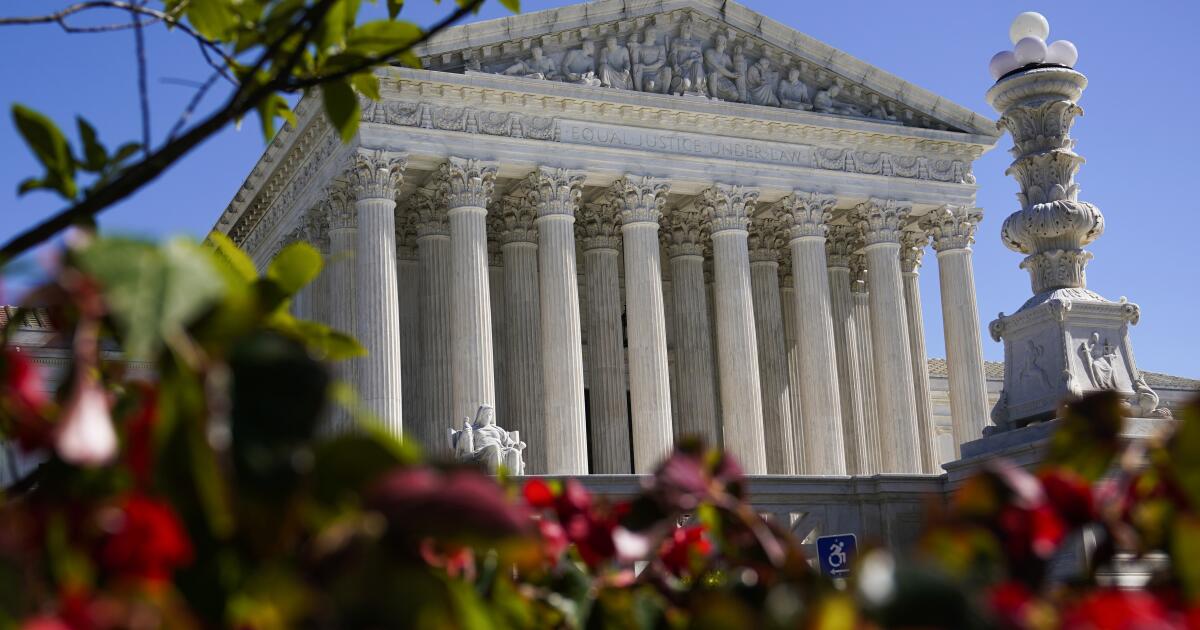WASHINGTON — With two conservatives in dissent, the Supreme Court on Monday turned down a property-rights claim from Los Angeles landlords who say they lost millions from unpaid rent during the COVID-19 pandemic.
Without comment, the justices said they would not hear an appeal from a coalition of apartment owners who said they rent “over 4,800 units” in “luxury apartment communities” to “predominantly high-income tenants.”
They sued the city seeking $20 million in damages from tenants who did not pay their rent during the COVID-19 pandemic.
They contended the city’s strict limits on evictions during that time had the effect of taking their private property in violation of the Constitution.
In the past, the court has repeatedly turned down claims that rent control laws are unconstitutional, even though they limit how much landlords can collect in rent.
But the L.A. landlords said their claim was different because the city had effectively taken use of their property, at least for a time. They cited the 5th Amendment’s clause that says “private property [shall not] be taken for public use without just compensation.”
“In March 2020, the city of Los Angeles adopted one of the most onerous eviction moratoria in the country, stripping property owners … of their right to exclude nonpaying tenants,” they told the court in GHP Management Corporation vs. Los Angeles. “The city pressed private property into public service, foisting the cost of its coronavirus response onto housing providers.”
“By August 2021, when [they] sued the City seeking just compensation for that physical taking, back rents owed by their unremovable tenants had ballooned to over $20 million,” they wrote.
A federal judge in Los Angeles and the 9th Circuit Court of Appeals in a 3-0 decision dismissed the landlords’ suit. Those judges cited the decades of precedent that allowed regulation of property.
The court had considered the appeal since February, but only Justices Clarence Thomas and Neil M. Gorsuch voted to hear the case of GHP Management Corp. vs. City of Los Angeles.
“I would grant review of the question whether a policy barring landlords from evicting tenants for the nonpayment of rent effects a physical taking under the Taking Clause,” Thomas said. “This case meets all of our usual criteria. … The Court nevertheless denies certiorari, leaving in place confusion on a significant issue, and leaving petitioners without a chance to obtain the relief to which they are likely entitled.”
The Los Angeles landlords asked the court to decide “whether an eviction moratorium depriving property owners of the fundamental right to exclude nonpaying tenants effects a physical taking.”
In February, the city attorney’s office urged the court to turn down the appeal.
“As a once-in-a-century pandemic shuttered its businesses and schools, the city of Los Angeles employed temporary, emergency measures to protect residential renters against eviction,” they wrote. The measure protected only those who could “prove COVID-19 related economic hardship,” and it “did not excuse any rent debt that an affected tenant accrued.”
The city argued the landlords are seeking a “radical departure from precedent” in the area of property regulation.
“If a government takes property, it must pay for it,” the city attorneys said. “For more than a century, though, this court has recognized that governments do not appropriate property rights solely by virtue of regulating them.”
The city said the COVID emergency and the restriction on evictions ended in January 2023.
In reply, lawyers for the landlords said bans on evictions are becoming the “new normal.” They cited a Los Angeles County measure they said would “preclude evictions for non-paying tenants purportedly affected by the recent wildfires.”



